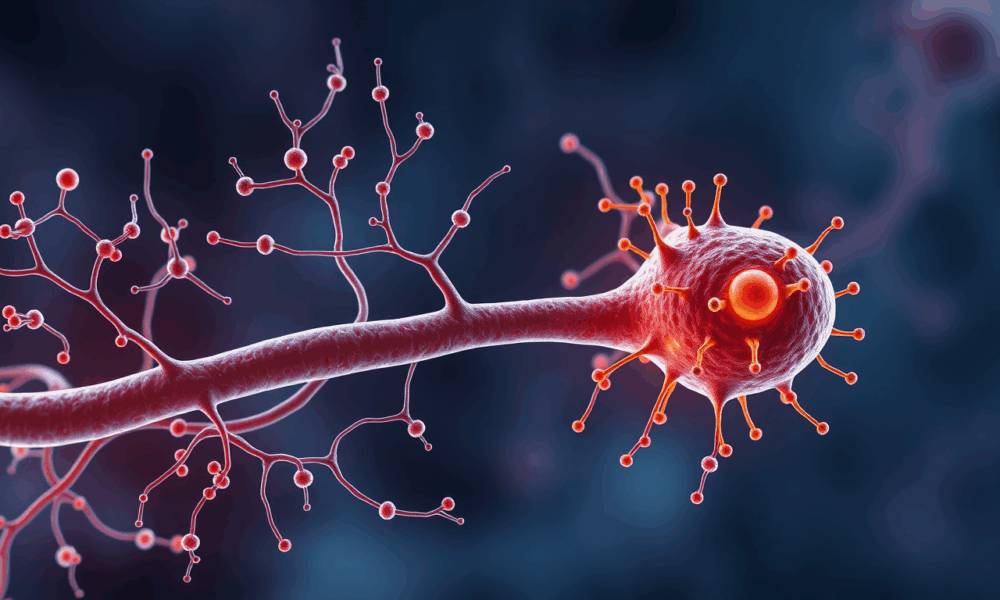
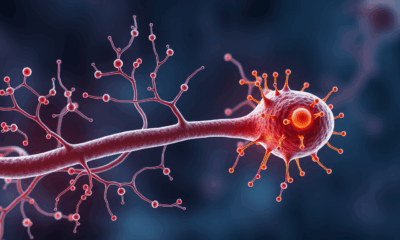

Your gut may be talking to your brain in ways we never imagined. Scientists have discovered a “neurobiotic sense” — a rapid-response system where colon cells...



McGill's MedSafer tool helps doctors identify and eliminate risky or unneeded medications in seniors, significantly improving patient outcomes. It aims to prevent harmful "prescribing cascades" and...
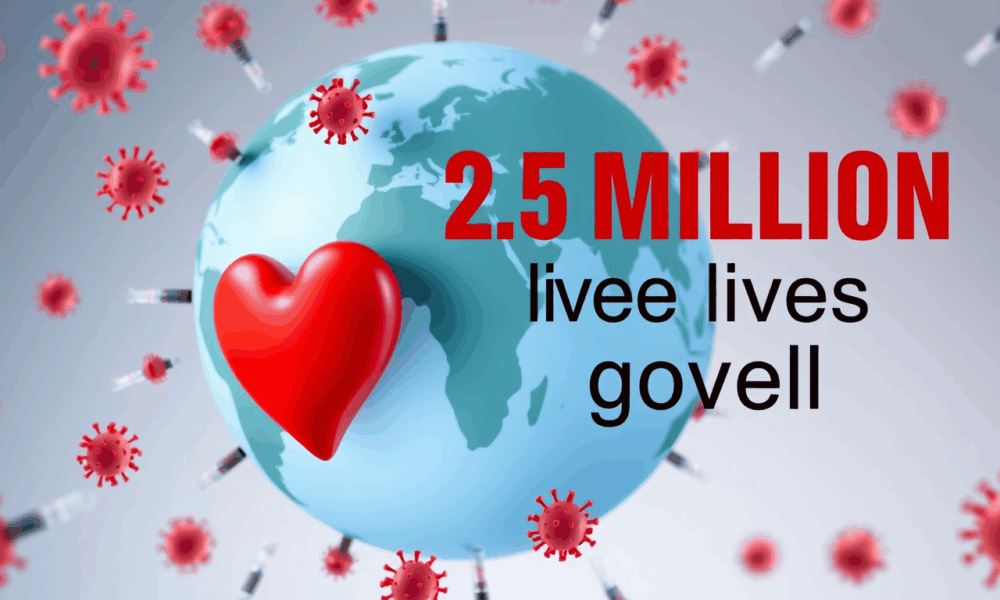
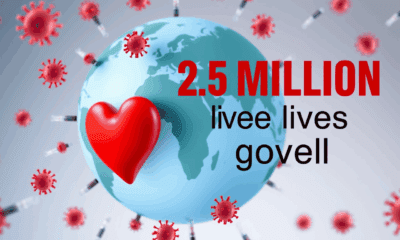

Between 2020 and 2024, COVID-19 vaccines saved 2.5 million lives globally, preventing one death for every 5,400 doses. A groundbreaking worldwide study led by researchers from...



A team of scientists has developed a remarkable new approach to modeling how cells behave over time—using a digital "forecast" much like predicting the weather. By...

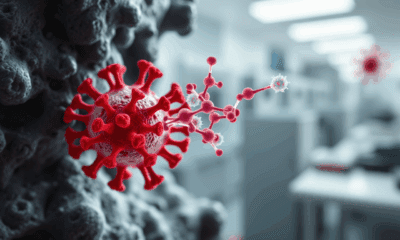

Scientists have uncovered a stealthy tactic used by the SARS-CoV-2 virus: one of its proteins can leap from infected cells to healthy ones, effectively tricking the...



The study explores how social influences, particularly peer pressure, impact substance use -- and misuse -- among young adults. A confidential online survey on alcohol use...



A transient ischemic attack, also known as a mini-stroke, is typically defined as a temporary blockage of blood flow to the brain that causes symptoms that...
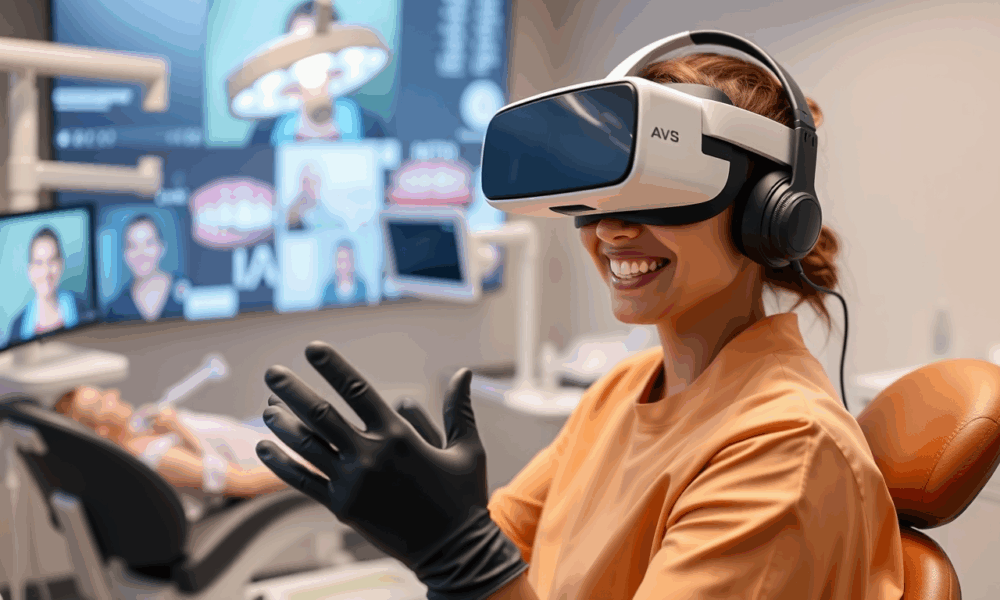


A recent global survey of 156 institutions reveals strong interest in VR-haptic technology for dental training, yet significant barriers impede widespread adoption.



A new study finds vision loss fears may deter some patients from cataract surgery, despite it being the only effective treatment. The research underscores the role...



Step tracking with mindfulness training delivered via a mobile app boosts people's desire to exercise.